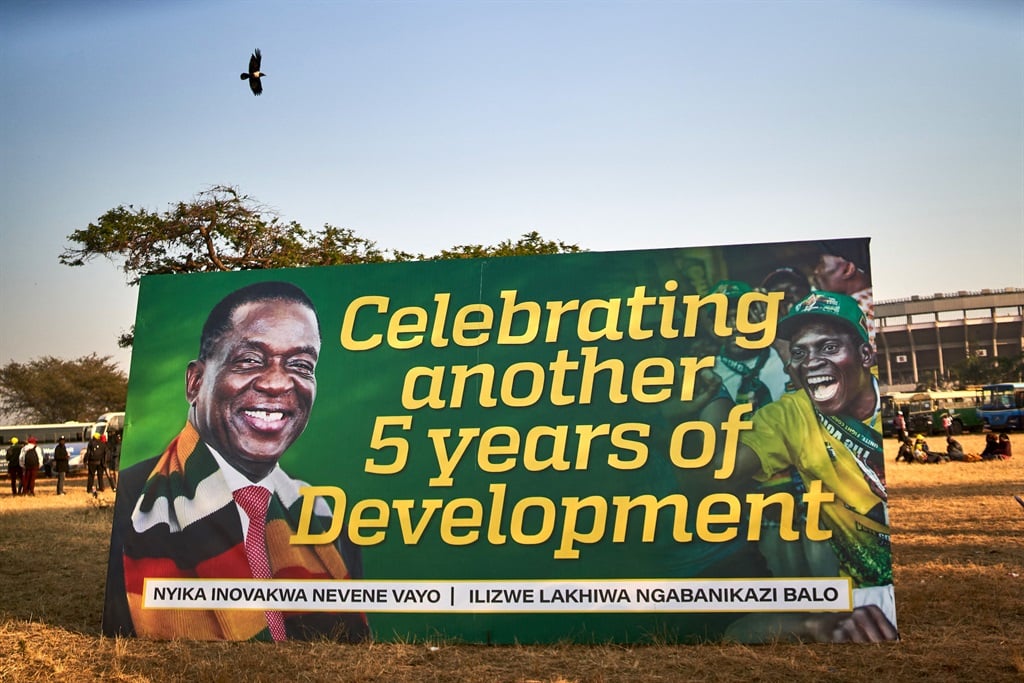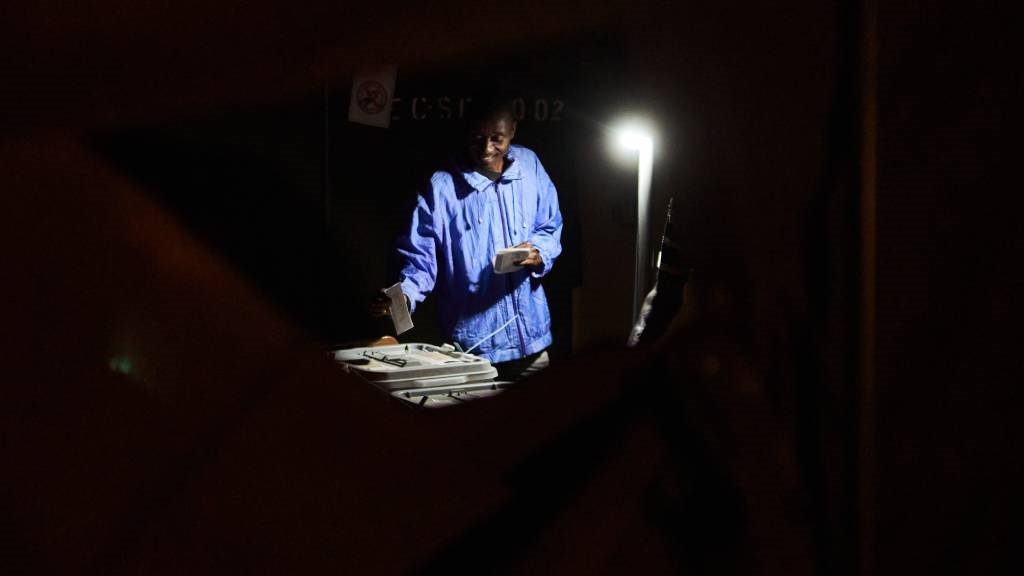
- The ANC’s Fikile Mbalula has shown support for Zanu-PF and has had much criticism for its opposition.
- He is calling for silence on Zimbabwe so as to not disturb ANC initiatives to deal with its disputed election.
- Mbalula is trying to block a public lecture on the election and the implications for SADC.
After launching a barrage of attacks on Zimbabwe’s main opposition, ANC secretary-general Fikile Mbalula has hinted that the governing party is involved in behind-the-scenes talks to deal with Zimbabwe’s disputed election.
Mbalula even called the Citizens Coalition for Change “Western puppets” in one of his many shows of ANC solidarity with the ruling Zanu-PF.
Now, he has said there are sensitive initiatives under way, the kind of which should not be disrupted by certain public statements.
“At the moment, the leadership of the ANC is engaged in a number of delicate engagements regarding the situation in Zimbabwe,” he told David Masondo, the director of the OR Tambo School of Leadership, in a letter.
The school is due to host a public lecture on the state of democracy in the Southern African Development Community (SADC) region in relation to the Zimbabwe elections – a lecture which Mbalula is trying to stop.
The lecture is due to be presented by Zimbabwean academic and public policy analyst Ibbo Mandaza.
But now is not the time to have it, Mbalula says, because having it “at this time, at what is clearly an ANC platform, would complicate these initiatives”.
In an interview with News24, Mandaza said attempts at blocking the lecture were tantamount to suppression of academic freedom.
“[The University of the Witwatersrand] is the venue for the OR Tambo School of Leadership and my lecture. I am also a visiting professor at the Wits School of Governance; a member of the board of the Human Sciences Research Council of South Africa; and, in addition, I am the head of the regional think tank SAPES Trust.
“So, I am as much a member of the African academic community as I have been for over 50 years, and clearly a member of the South African and Southern African academic community,” he said.
Any discussion about democracy is likely to rile Zanu-PF and newly re-elected Zimbabwean President Emmerson Mnangagwa, who claimed 52.6% of the vote against the 44% of his rival Nelson Chamisa.
But SADC representatives have serious doubts about that count.
Speaking on Zambian television on Monday, SADC Election Observer Mission head and former Zambian vice-president Nevers Mumba said the Zimbabwean elections were out of step with SADC principles.
“If we don’t work hard to ensure that we have free and fair elections in our region, we create a problem for ourselves,” Mumba said.
According to the Institute for Security Studies (ISS), the Zimbabwean elections “could set an unwelcome precedent that represents a departure from [the SADC’s] previous approach”.
The ISS is of the view that SADC will not withdraw its preliminary report on the election, but will do nothing about the contestation of the results.
“It will park the concerns rather than elevate them to a rejection of the election result,” the ISS said in a statement.



